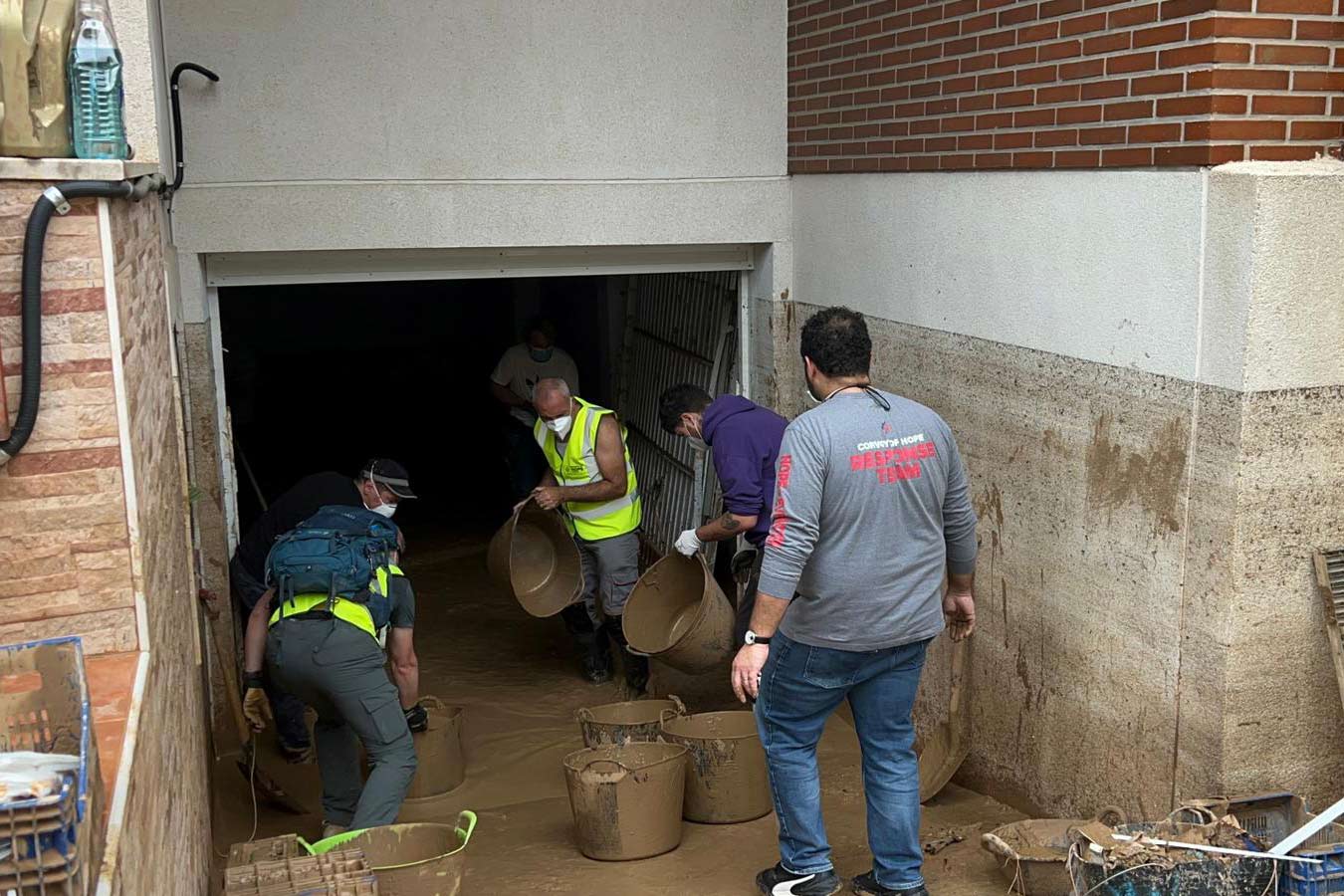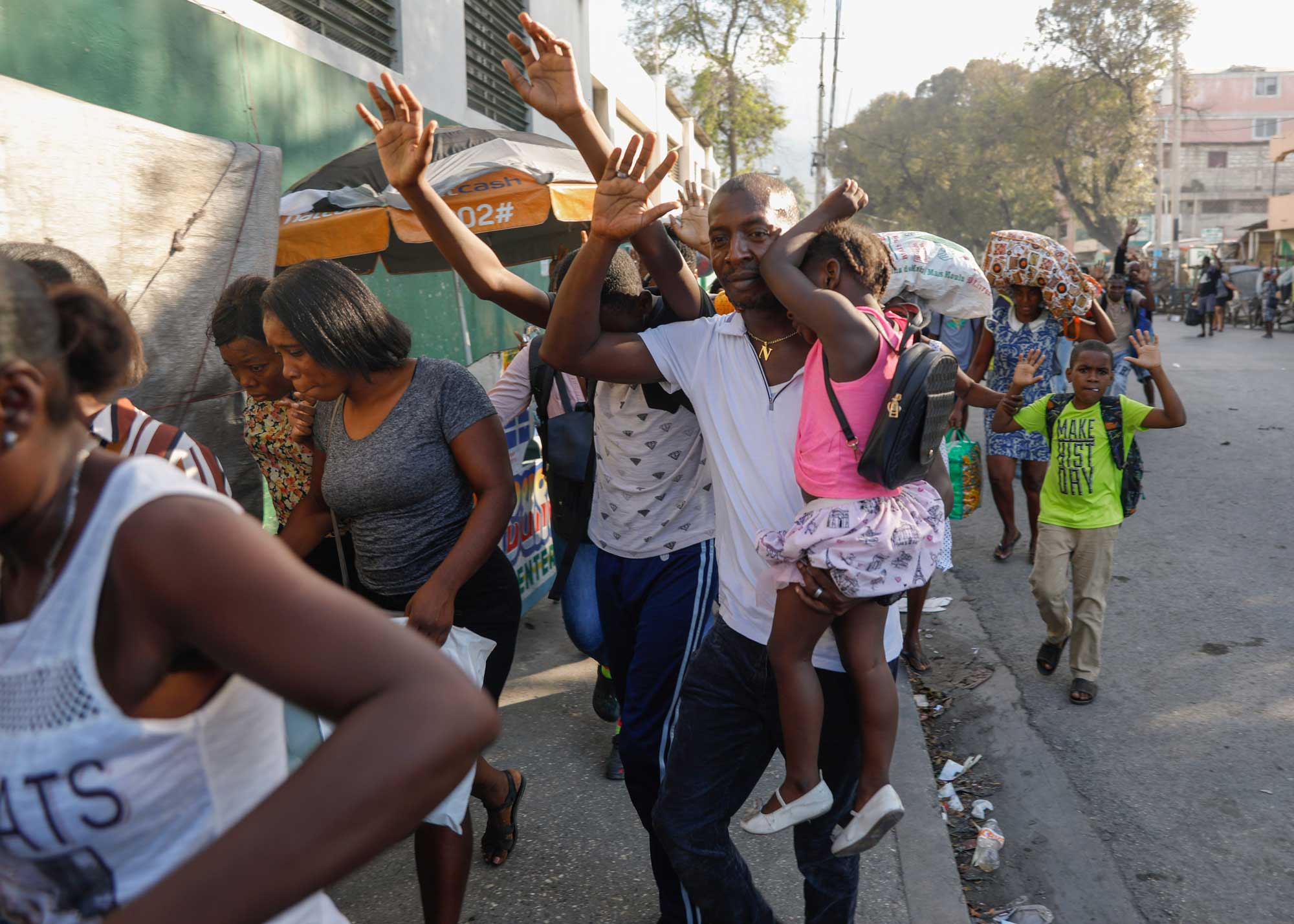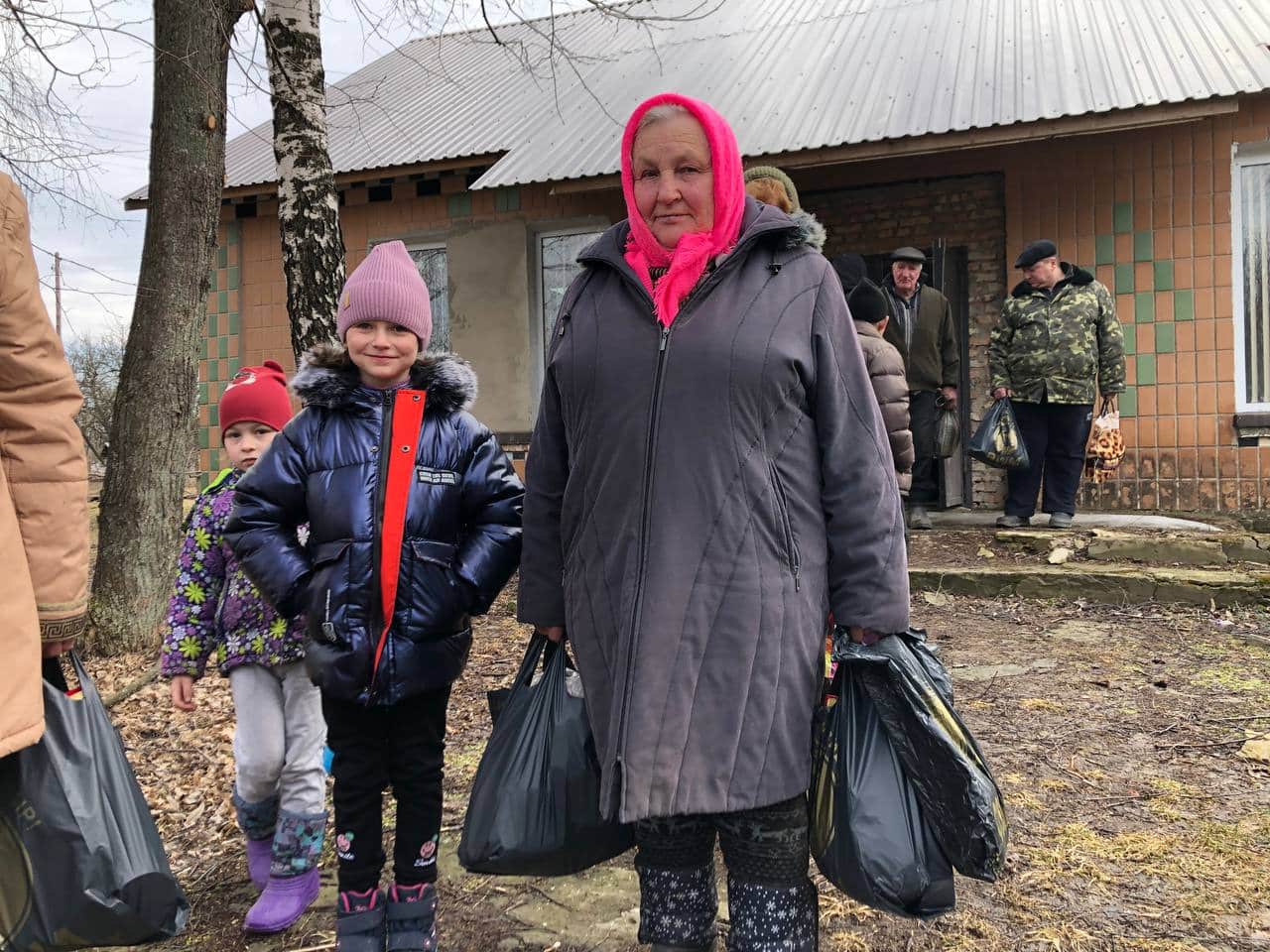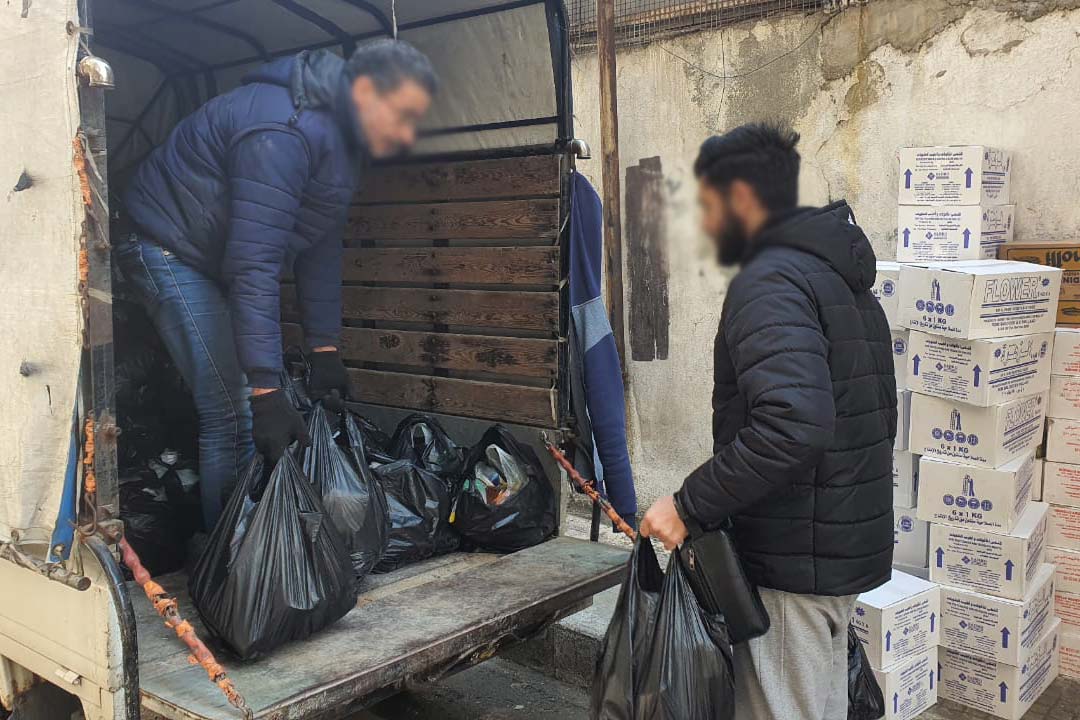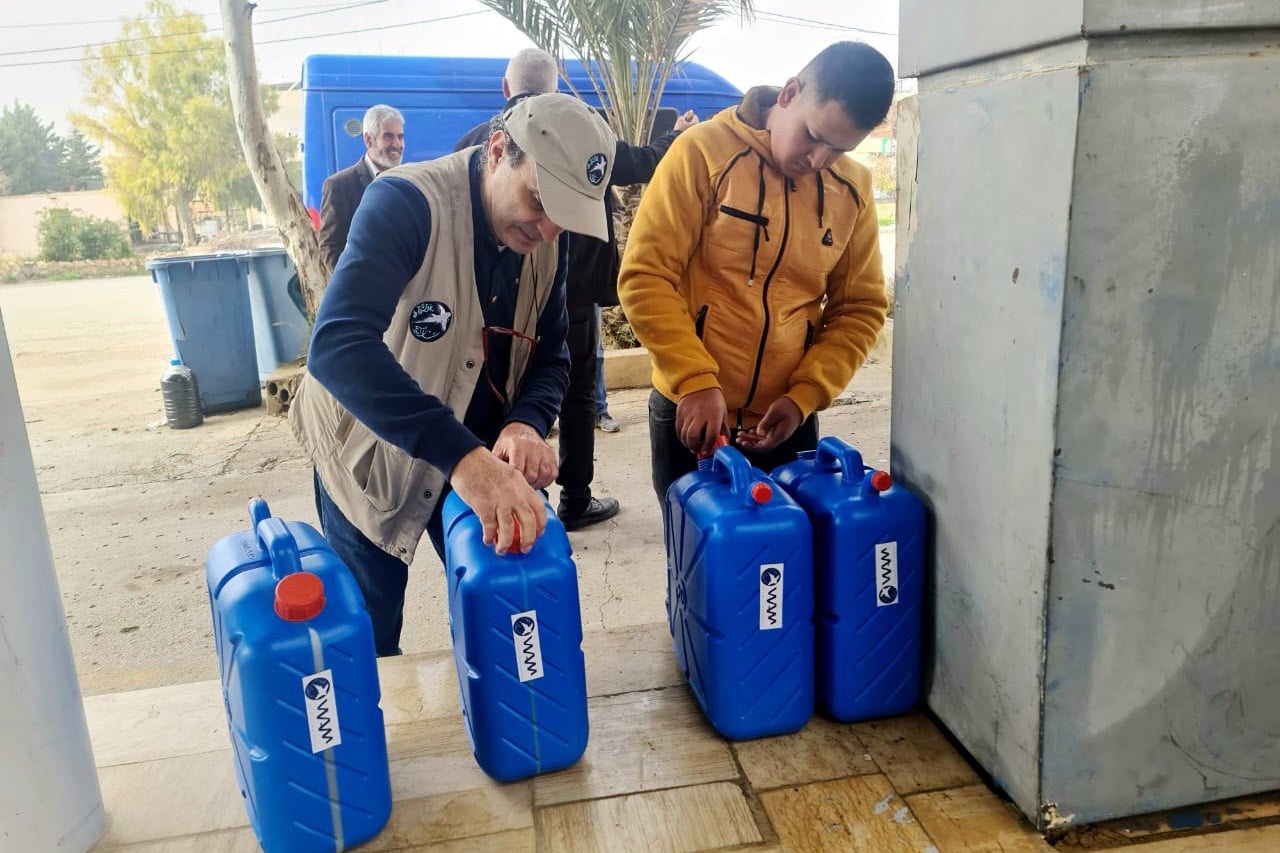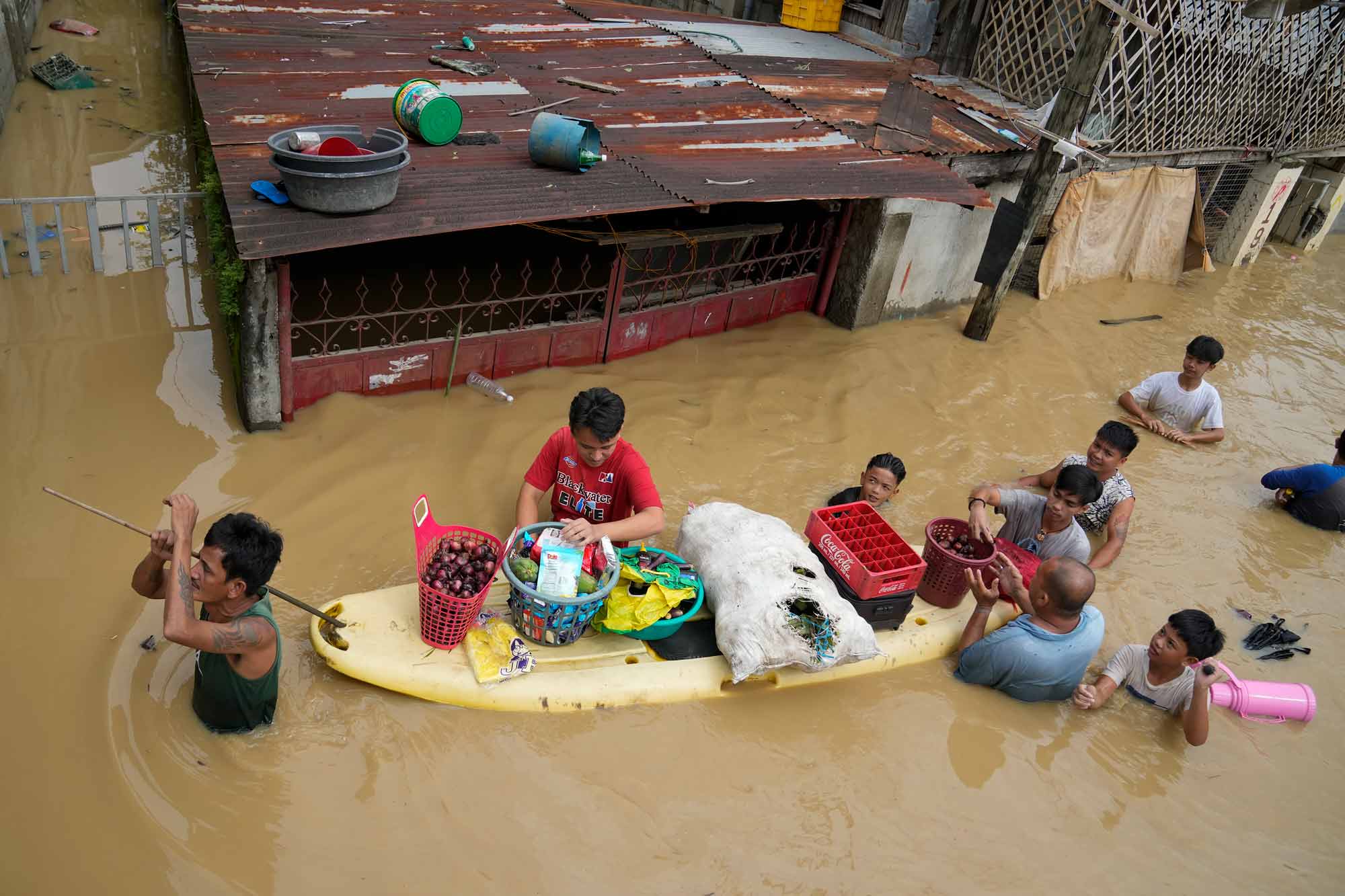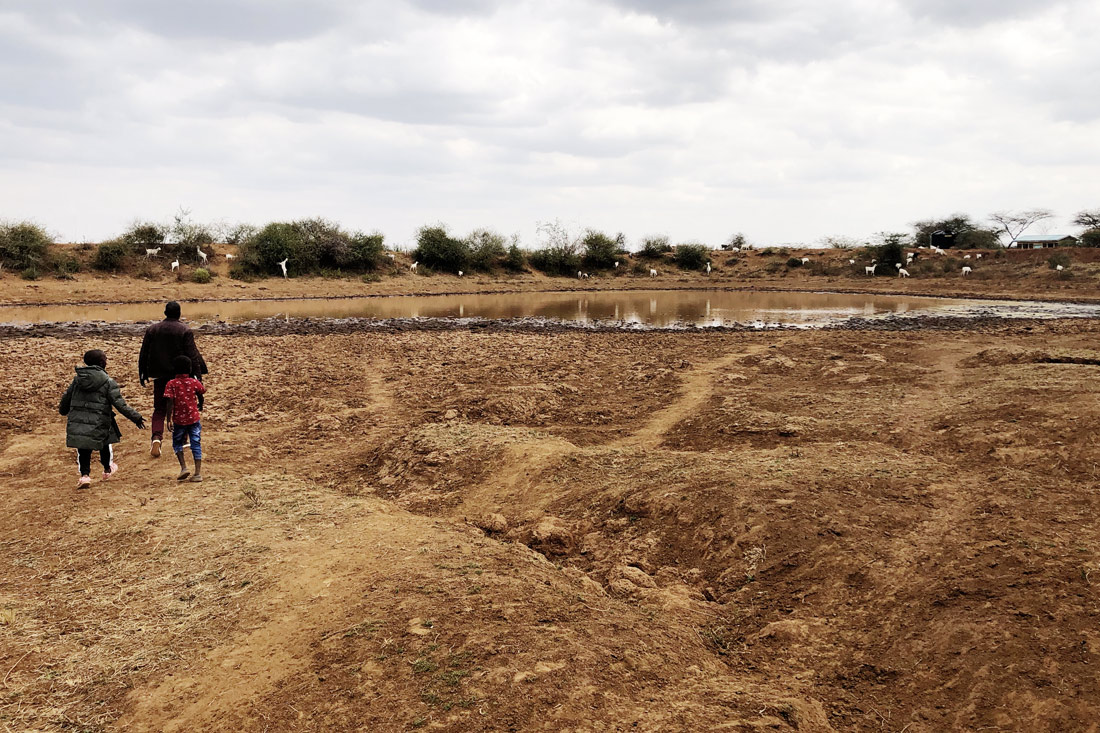
The Horn of Africa is experiencing a years-long severe drought. Millions of people face food and water scarcity. Many communities rely on livestock and agriculture for their livelihoods and survival. This year marks projected famine for the region.
The impact of the drought is devastating. Malnutrition rates among children are at critical levels. It highlights the need for long-term solutions that address the underlying causes of food and water insecurity. This includes investing in sustainable agriculture, improving water management systems, and promoting development that can endure extreme climates. These opportunities allow communities to make decisions on their own.
Famine, though not yet declared, is projected for 2023 following a sixth failed rainy season. The drought in the Horn of Africa has affected 36.4 million people. Food insecurity and malnutrition remain a major concern across Kenya, Somalia, and Ethiopia.
Convoy of Hope has teams on the ground distributing food to people in need. At distributions, families receive take-home food kits of fortified lentils, vegetables, and rice. So far, Convoy has served more than 2.5 million meals to people in the Horn of Africa.
Convoy is also providing animal silage, including grasses and other preserved crops. These crops — provided during dry seasons — lessen the mortality rate of livestock.
“My left eye started developing problems due to the dirty wind,” said a 62-year-old village elder. “I tried seeking medical attention, but I cannot afford it … I’d rather use the money to support my family than use it to treat myself and sleep hungry later on. So many people here have such problems.”
When a family receives food, a burden is taken off the shoulders of vulnerable people. Convoy of Hope has a driving passion to feed the world, so that people like this village elder can focus on their future instead of survival.

